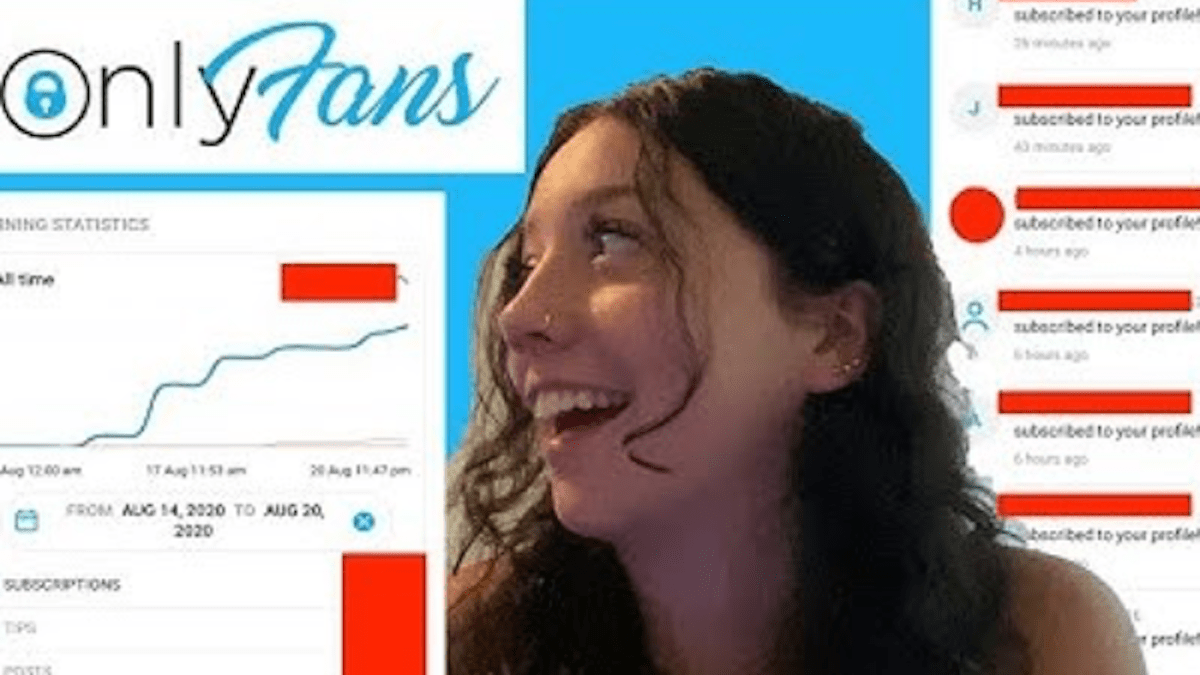Facebook and OnlyFans are two of the most known (and infamous) websites currently active. And right now, both are the subject of several lawsuits, most notably a class action lawsuit brought by several different adult content creators. This lawsuit alleged that Meta and OnlyFans worked together to suppress competitors and prevent performers from being visible on social media.
Here is everything you need to know about this ongoing case.
What is the Meta and OnlyFans lawsuit about?
There are several different lawsuits currently in progress about this topic. The first has been filed in the California superior court by OnlyFans competitor JustForFans. Another one, led by the Adult Performing Artists Guild, has been filed in the California federal court on behalf of several performers. FanCentro, another OnlyFans competitor, has filed a lawsuit against OnlyFans (and not Meta) in Broward county, Florida. They are all represented by the legal firm Milberg Coleman Bryson Phillips Grossman.
They allege that OnlyFans and Meta (Facebook’s parent company) worked together to put the names of people who promoted OnlyFans competitors on the Global Internet Forum to Counter Terrorism (GIFCT) database.
This database, used by sites like Twitter, Facebook, and YouTube, is shared among tech companies and aims to track extremist content and users involved in terrorism so that platforms can quickly moderate their content and remove them from sites.
The GIFCT describes itself by saying:
“The Global Internet Forum to Counter Terrorism (GIFCT) is an NGO designed to prevent terrorists and violent extremists from exploiting digital platforms. Founded by Facebook, Microsoft, Twitter, and YouTube in 2017, the Forum was established to foster technical collaboration among member companies, advance relevant research, and share knowledge with smaller platforms.”
Many sites do this via a “shadow ban” where the user may post on the website, but the post isn’t seen by other users, making it nearly impossible to tell if you’ve been blocked without access to another account or connection.
The lawsuit alleges that users who posted links to OnlyFans competitors on Instagram, a company owned by Meta, would see their visibility decline with posts being removed and accounts being terminated despite not breaking the site’s rules – something that didn’t happen if they only posted links to OnlyFans.
Milberg Coleman Bryson Phillips Grossman says they have identified 21,000 Instagram accounts that had their traffic reduced due to unfairly being put on the Global Internet Forum to Counter Terrorism database. The plaintiff argues that OnlyFans’ parent company Fenix International bribed people within Meta to take this step, suggesting that Fenix International used a secret Hong Kong-based subsidiary to pass the money into offshore Philippines bank accounts.
One of the performers involved in the case, Alana Evans, told the New York Post that:
“When I heard that my content may be listed on the terror watch list, I was outraged, I was angry because it affected my income when my social media traffic dropped significantly, and I was angry because I am the daughter of a veteran who fought for this country.”
What is Meta and OnlyFans’ response?
The case is still ongoing, but both websites have issued statements about the suits. OnlyFans told the New York Post that:
“We are aware that these cases have been filed. We are not aware of any evidence which supports these allegations. The alleged participants have all publicly stated that these cases have no merit.”
And, back in February when news of this first broke, Meta told the BBC that:
“These allegations are without merit and we will address them in the context of the litigation as needed.”
Earlier in the year, the GIFCT told the BBC that:
“We are not aware of any evidence to support the theories presented in this lawsuit between two parties with no connection to GIFCT. Our continuing work to enhance transparency and oversight of the GIFCT hash-sharing database is the result of extensive engagement with our stakeholders and has no connection to these claims.”

